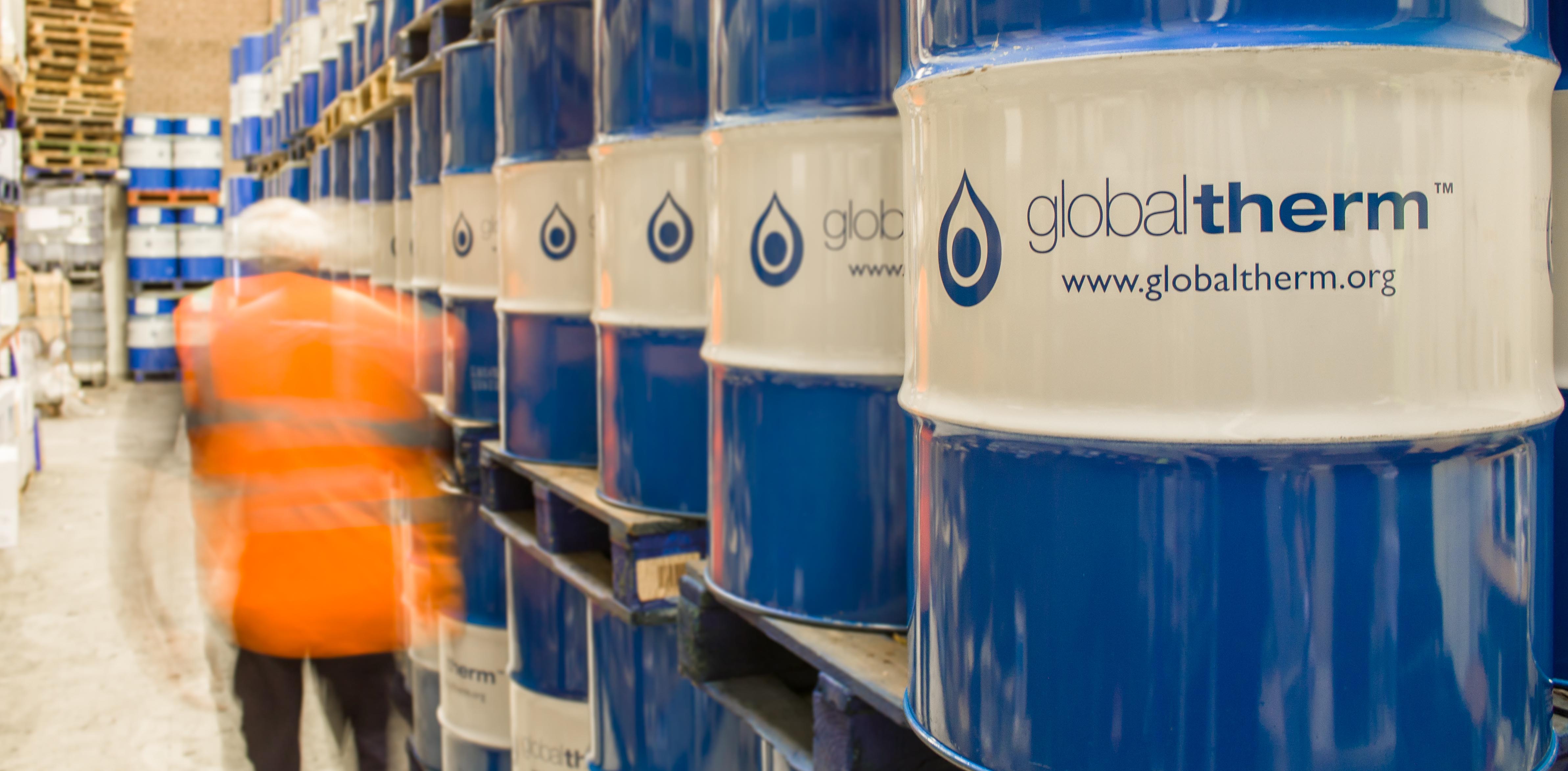Trick Advantages of Using a High-Performance Heat Transfer Fluid
Trick Advantages of Using a High-Performance Heat Transfer Fluid
Blog Article
Why Warmth Transfer Liquid Is Essential for Optimizing Energy Transfer in Equipment
The role of heat transfer liquids in maximizing power transfer is pivotal for achieving reliable thermal monitoring across numerous commercial fields. These liquids facilitate smooth warm exchange, making sure processes run within optimum temperature ranges and mitigating the threat of getting too hot.

Duty in Thermal Monitoring
Warmth transfer liquids play a vital duty in thermal administration by effectively controling temperatures in various industrial procedures and systems. These specialized liquids assist in the transfer of warm between various parts, making certain optimum operating problems and preventing getting too hot. By keeping exact temperature control, warm transfer fluids allow industries such as chemical manufacturing, oil and gas, and power generation to operate safely and efficiently.
The selection of a suitable warm transfer fluid relies on a number of elements, including thermal security, warm capacity, and thickness. High thermal security guarantees that the fluid can stand up to extreme temperatures without weakening, while a high warmth capability allows it to take in and release significant amounts of warmth - heat transfer fluid. Reduced viscosity reduces the power required for pumping, adding to total system efficiency
In addition, warmth transfer liquids are indispensable in applications like refrigeration, where they assist absorb and dissipate heat throughout the cooling cycle. In solar thermal energy systems, these liquids capture and transport solar warm to generate electricity or supply warm water. Their versatility to varied operating conditions and capacity to maintain constant thermal efficiency underscore their relevance in industrial thermal administration, facilitating operational connection and boosting precaution.

Enhancing System Efficiency
To make best use of the advantages of thermal management, enhancing system efficiency with the calculated usage of warmth transfer liquids is extremely important. By maintaining optimal temperature degrees, warmth transfer liquids aid make certain that systems operate within their created criteria, therefore protecting against overheating and decreasing the threat of part failure.

Kinds Of Heat Transfer Fluids
The variety of heat transfer liquids emphasizes their vital duty in a series of commercial applications, each tailored to meet specific thermal administration demands. These liquids promote efficient energy transfer and are chosen based on key properties such as thermal stability, viscosity, and warm capacity. The main kinds include water, glycol services, oils, and synthetics, each offering unique advantages.
Water is the most usual warm transfer medium because of its high particular heat capability and affordable. However, its use is restricted by its cold and steaming factors. Glycol mixes, commonly used in HVAC systems, supply a lower freezing point, including flexibility in numerous environments. Mineral oils are favored for their thermal security and non-corrosive nature, making them appropriate for high-temperature applications.

These fluids guarantee remarkable efficiency in systems where standard liquids might stop working. The selection of a warmth transfer liquid is essential, as it affects system performance, safety, and long life.
Environmental and Economic Advantages
Using the ideal warm transfer fluids supplies substantial environmental and economic benefits for industrial operations. By choosing fluids with remarkable thermal security and high heat capability, sectors can enhance power effectiveness, bring about reduced fuel consumption and reduced greenhouse gas exhausts. This adds to a smaller carbon impact and aligns with worldwide sustainability goals. Environmentally friendly warm transfer fluids, commonly eco-friendly and non-toxic, decrease the danger of dirt and water contamination in case of go to these guys leakages or spills, consequently protecting environments and adhering to rigorous ecological policies.
Economically, the appropriate warmth transfer fluid can substantially minimize functional prices. Effective heat transfer reduces energy expense, bring about lower energy expenses and boosted profitability. Furthermore, liquids with extensive lifecycle performance lower the regularity of replacements and upkeep, reducing downtime and linked prices. Investing in premium liquids can likewise mitigate the threat of equipment deterioration and failing, avoiding pricey repairs and expanding the lifespan of essential framework. In affordable markets, these savings and effectiveness provide an unique advantage, permitting business to allocate sources much more effectively and purchase additional development. Overall, the critical usage of optimum warm transfer fluids supports lasting financial growth and ecological stewardship.
Selecting the Right Liquid
How does one navigate the complex procedure of picking the ideal warmth transfer fluid for commercial applications? Thermal security guarantees the liquid can endure high temperature levels without degrading, while compatibility prevents deterioration or other damaging reactions with system components.
In addition, the fluid's heat capability and viscosity are extremely important. A high warmth capacity enables the fluid to absorb and transfer even more power, improving efficiency.
Conclusion
The strategic selection and application of warmth transfer liquids are fundamental to optimizing power transfer across numerous systems. By guaranteeing high thermal security and capability, these liquids offer specific temperature level control and enhance general system efficiency. Related Site This optimization adds to reduced operational expenses and lower greenhouse gas exhausts, therefore promoting sustainability. The choice of fluid, tailored to specific thickness and operational demands, is important for optimizing performance and achieving financial and ecological advantages in commercial procedures.
Report this page